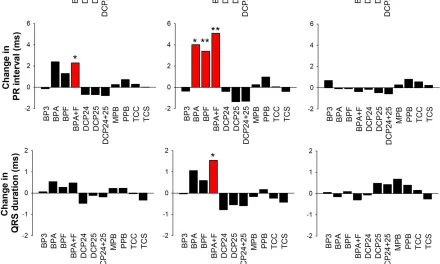New research suggests that distractions during meals could lead to overconsumption of everyday pleasures, according to a study published by the American Psychological Association.
A recent study led by Stephen Lee Murphy, PhD, of Ghent University, examined the impact of distraction on “hedonic consumption”—the use of products and experiences for pleasure rather than necessity. The findings, published in the Journal of Personality and Social Psychology, indicate that distractions during pleasurable activities might lead to reduced enjoyment and increased consumption later to compensate for that shortfall.
The research involved multiple experiments to explore this phenomenon. In one experiment, 122 participants, primarily women aged 18 to 24, were divided into three groups to eat lunch under varying levels of distraction: no distraction, moderate distraction (watching a video), and high distraction (playing Tetris). Participants reported their expected enjoyment before eating and their actual satisfaction afterward. The results showed that those who ate while distracted experienced lower enjoyment and satisfaction, leading to increased snacking and a greater desire for further gratification later in the day.
The concept of “hedonic compensation,” as described by Murphy, extends beyond eating. A follow-up study tracked 220 participants aged 18 to 71 over a week, requiring them to complete seven surveys daily about their hedonic consumption, distractions, and satisfaction levels. Similar to the initial experiment, distracted participants reported less enjoyment from their activities and a heightened need for further gratification.
“Overconsumption often results due to a lack of self-control,” Murphy explained. “However, our findings suggest overconsumption may also be driven by the simple human desire to reach a certain level of enjoyment from an activity. When distraction gets in the way, it’s likely we may try to compensate by consuming more.”
Murphy and his team plan to further investigate the hedonic compensation effect and develop interventions to help people focus more on their consumption experiences. These strategies aim to reduce overconsumption by enhancing awareness and satisfaction during pleasurable activities.
“By understanding the key drivers of hedonic overconsumption, we can develop strategies to help prevent its occurrence,” Murphy concluded.
The study sheds light on the subtle yet significant impact of distractions on our daily consumption habits and suggests that paying more attention to our activities could help curb the tendency to overindulge.












